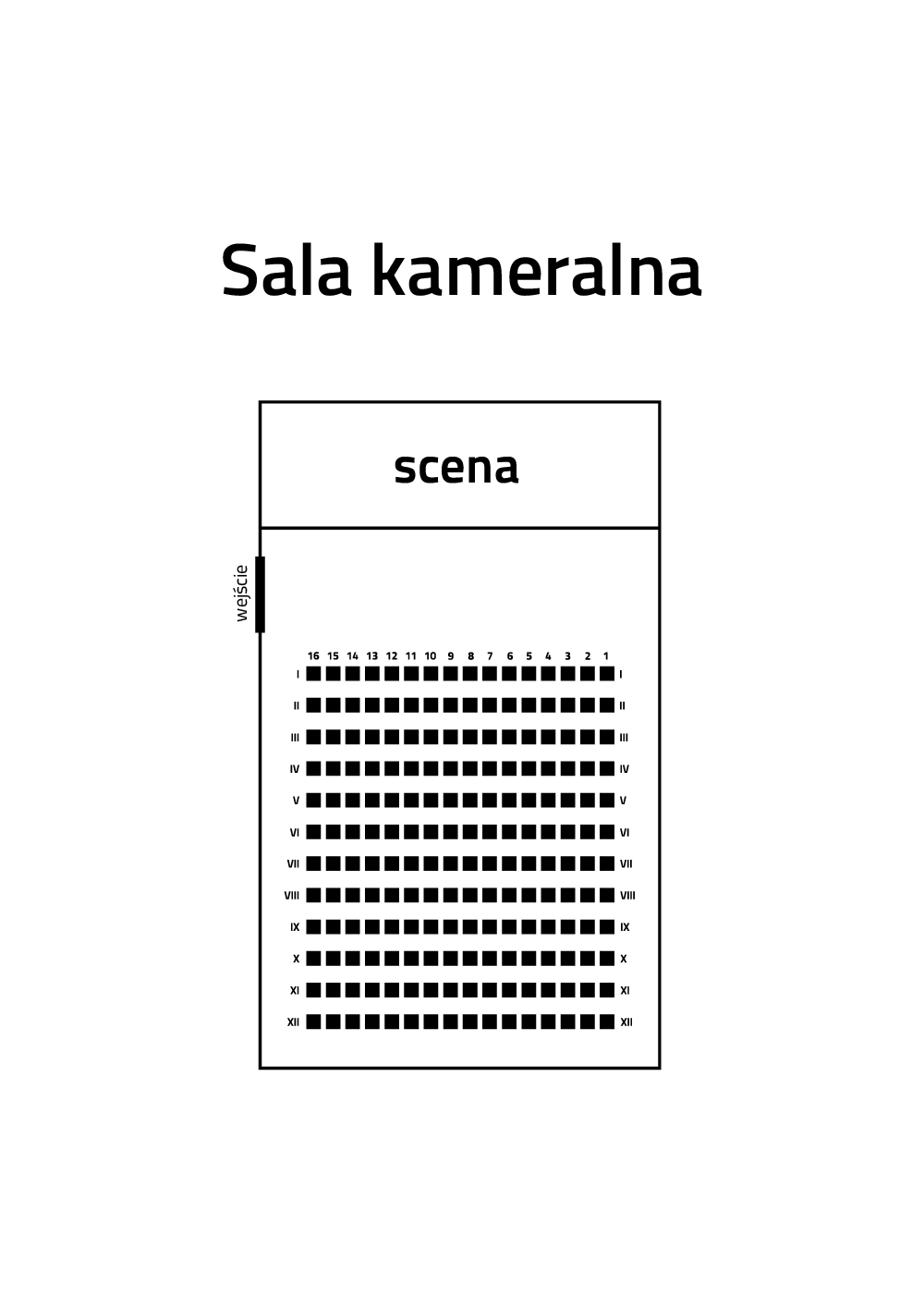Helmut Lachenmann (born 1935) created a unique world of sound called "instrumental specific music". This is a world in which a musical atom is not a note, but a sound that can be generated from the instrument in any possible way. The Stuttgart artist (also a recognized pedagogue) believes that the fundamental principle of music is to seek the continuity of narrative by discovering the unexpected and touching the familiar.
There is no question that Lachenmann's ideas are among the most radical in the land of contemporary music. At the same time the artist in a postmodern way remains connected with musical tradition, as in the composition "Dritte Stimme zu J.S. Bachs zweistimmiger Invention in D minor" BWV 775 for any three performers (1985). Relations with tradition are also the choice of a classical cast, such as the string quartet. The 1989 "Reigen seliger Geister" composition is one of Lachenmann's three quartets, based on many unconventional ways of extracting sounds, which the composer intended to lead to a conversation. And yet the classical understanding of the quartet is the "discourse of four intelligent people" ... (Goethe).
A completely different idea inspired the music of Steve Reich – a classical composer of minimalist music. The foundation of this style is the repetition of structures. Minimalist artists such as Philip Glass and Steve Reich deny the current idea of the development of musical discourse as the evolution of form, a narrative ranging from simple to more complex forms. The idea of a minimalist is musical continuity without clearly perceptible breakthrough moments.
“Different Trains” is a well-known minimalist composition for string quartet and tape from 1988. The first recording was made by the Kronos Quartet, which aroused admiration and won a Grammy Award (1989). We know from Reich's remarks that during World War II he often traveled on the route New York – Los Angeles to visit his parents who were separated. Over the years he noted that if he had been in Europe at the same time, he would certainly have been among the Jews in one of the Holocaust trains. This is the context of the piece entitled "Different Trains". As far as technical issues are concerned, it has to be noted that although the composer had previously used a looped audio tape in his compositions, it was only in "Different Trains" that he used a recorded human voice as the starting material to create a melodic layer.
The performers for Lachenmann and Reich's pieces will be the Royal String Quartet – an ensemble boldly transcending the genre. In their repertoire we find both outstanding works of the past as well as new music. Not only do musicians garner enthusiastic reviews through the interpretations of Beethoven, Szymanowski, Szostakowicz and Górecki, but also they contribute to the popularization of works by lesser known Polish artists: Zarębski, Różycki and Bacewicz. Today the Royal String Quartet is already an institution that inspires composers to redefine the quartet convention. The ensemble organized the "Quartestation” (in Polish “Kwartestacja") festival, and conducts new music workshops, proving that in the present, string quartet dialogue is still possible.
------------------------------
Mikołaj Rykowski PhD
Musicologist and clarinetist, doctorate, and associate at the Department Music Theory at the Paderewski Academy of Music in Poznań. Author of a book and numerous articles devoted to the phenomenon of Harmoniemusik – the 18th-century practice of brass bands. Co-author of the scripts "Speaking concerts" and author of the spoken introductions to philharmonic concerts in Szczecin, Poznań, Bydgoszcz and Łódź.

